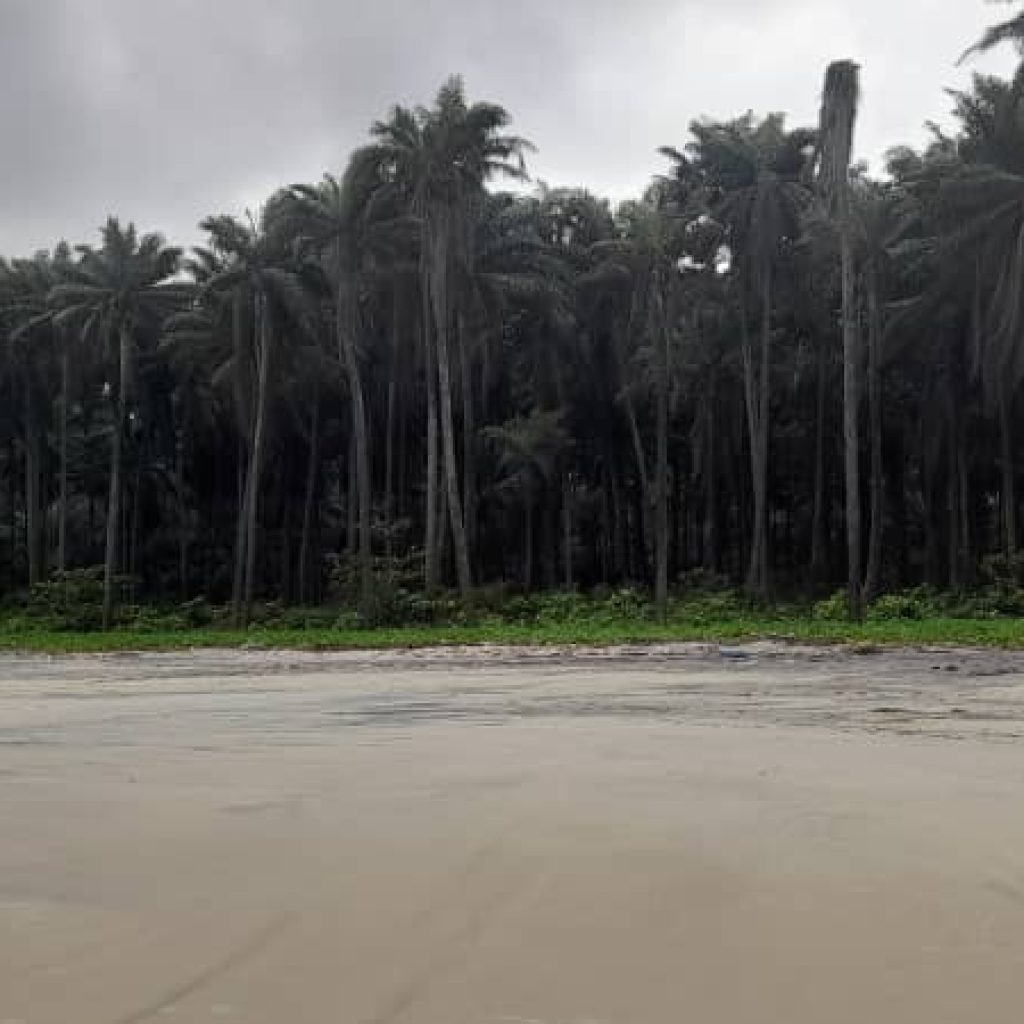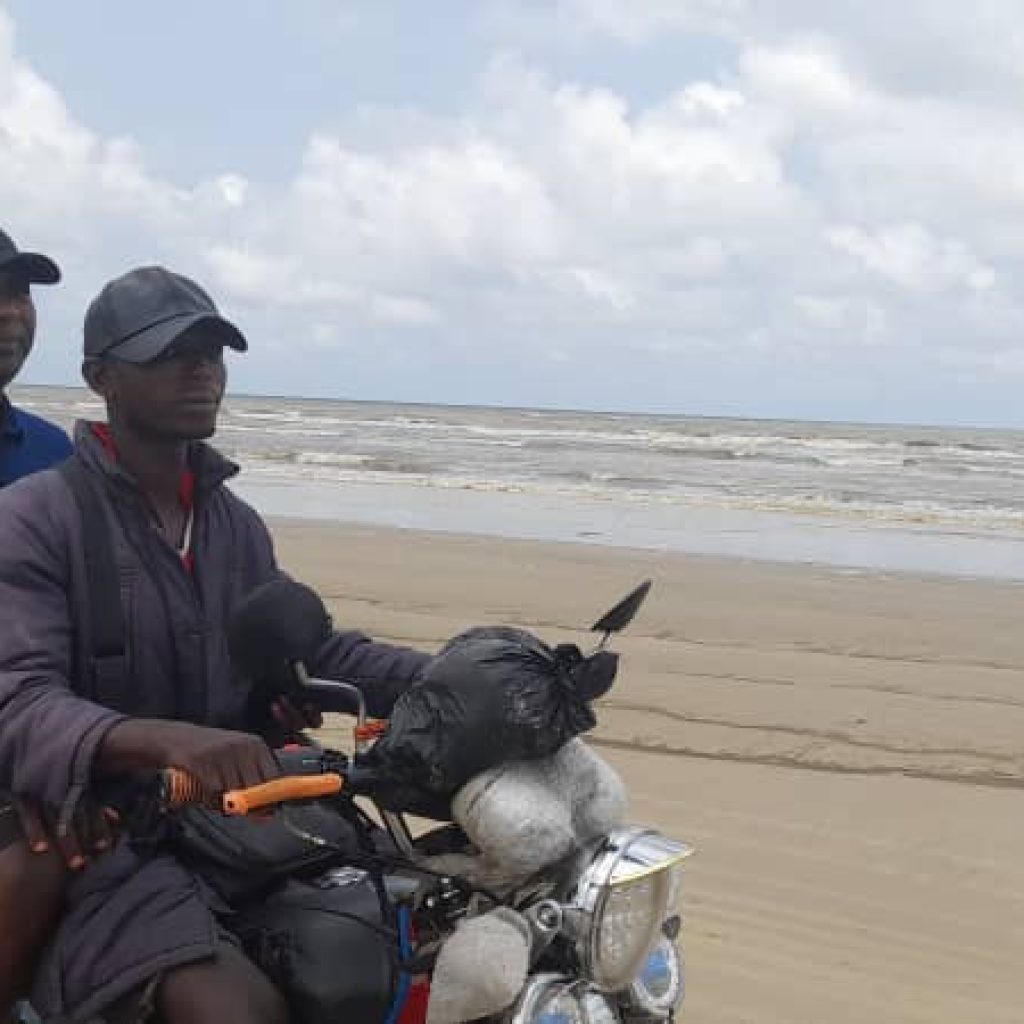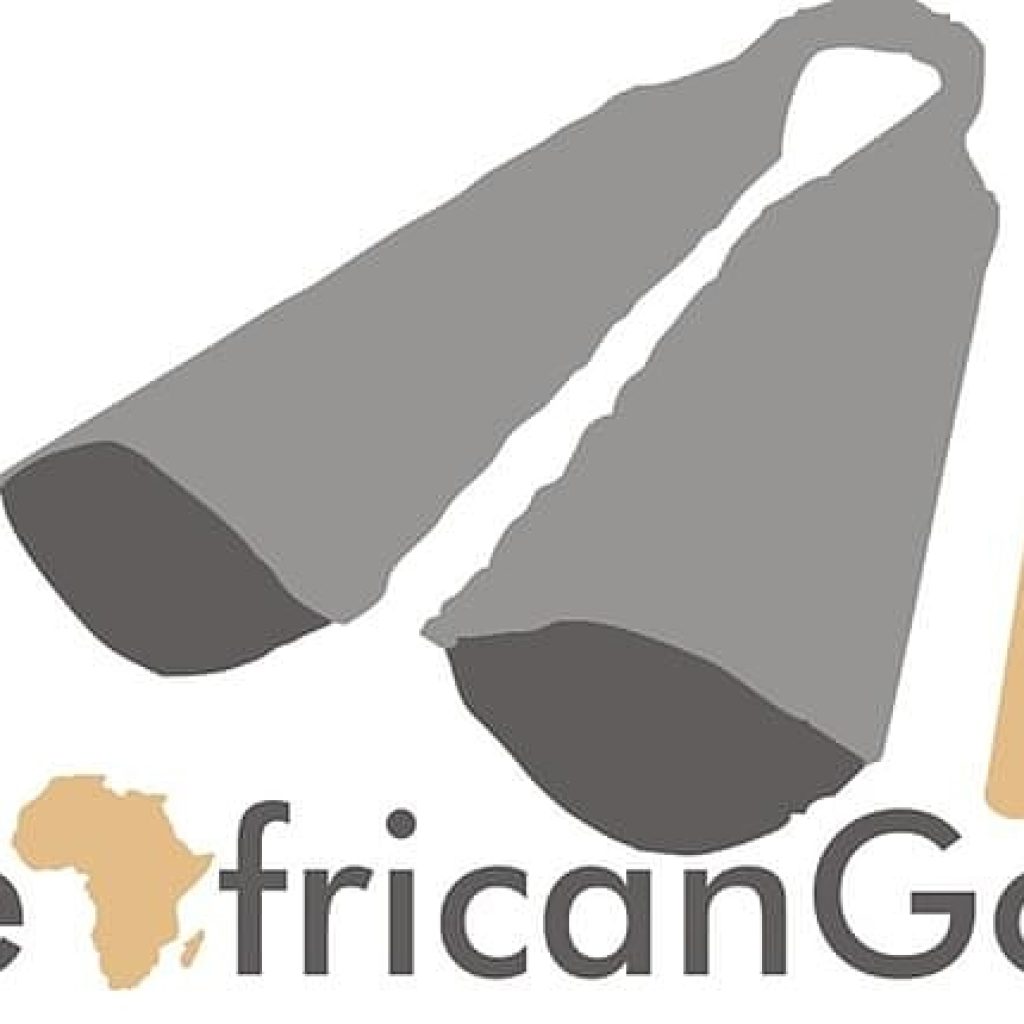
Bayelsa State Commissioner for Tourism Development, Hon. John Alla has described the Agge natural palm bush located along Agge coastline in Ekeremor Local Government Area of the State as a top notch picturesque scenery that is suitable for ecotourism activities, stressing that it holds significant socio-economic benefits for Bayelsa State.
Hon. Alla, who made the remark when he took a tour to Agge natural Palm Bush at the weekend said the natural palm-lined coastline at Agge would serve as a top notch picturesque tourist attraction that would generate revenue for businesses in the surrounding communities, saying that the palm bush will equally help to stabilize the soil, which would go a long way in preventing coastal erosion, while protecting coastal infrastructure, properties, and ecosystems.
“He reiterated that: “Palm bushes all over the world hold cultural and spiritual values which offer opportunities for cultural tourism promotion and community engagement, at the same time helping to stabilize soil to prevent erosion, maintaining ecosystem balance, supporting sustainable tourism. Palm bushes could also be used as natural shelters or materials for the construction of eco-lodges, thereby reducing the need for synthetic materials.
“Palm bushes also provide habitat for marine life, supporting commercial fisheries, aquaculture industries, while yielding valuable products like coconuts, palm oil, and palm fronds, contributing to local economies, absorbing carbon dioxide, helping to mitigate climate change and generating carbon credits,” Hon. Alla assured.

He said the Agge Palm Bush resource would generate income for the surrounding communities through community-based ecotourism-related activities, that would definitely contribute to the economic development of Agge Communityand environs, noting that the palm bush, apart from providing shelter and food for various species, making it so significant and attractive for wildlife tourism and birdwatching, it will serve as a source of income for the communities through sustainable harvesting of palm products (e.g., palm oil, palm wine).
“The Agge natural palm bush would serve as a focal point for community-based ecotourism initiatives that would empower the local communities to enable them manage and benefit from such tourism activities or initiatives that would eventually contribute to biodiversity conservation efforts as well as attract tourists interested to nature and wildlife. It can be integrated into sustainable tourism practices, promoting environmentally friendly tourism,” the Commissioner said.
He enumerated some possible ecotourism initiatives such as wildlife watching, birding, hiking and trekking, scuba diving and snorkeling, cultural tours and community visits, engaging in adventure activities like rafting and zip-lining, sustainable accommodation and eco-lodges, promoting environmental education and conservation efforts.
The Hon. Commissioner for Tourism Development pointed out that sensitising the local people on the essence of adopting responsible and sustainable tourism practices, would make the stakeholders to benefit from the ecotourism potential in the area while preserving the natural and rich cultural heritage.
It would be recalled that when private sector investors, government and relevant institutions recognize the socio-economic significance of the Agge palm bush, that would go a long to driving ecotourism initiatives that would support sustainable development, conservation, and community empowerment.

The Agge natural palm bush is home to a vast array of flora and fauna, making it perfect for wildlife tourism and nature-based tourism activities. The natural palm-lined Agge coastline features diverse ecosystems such as rainforests, coral reefs, and mangroves, which offer opportunities for exploration and education.
By recognizing the economic significance of the Agge palm bush located along the coastline, communities would prioritize conservation and sustainable management, ensuring that these ecosystem services continue to benefit local economies.
